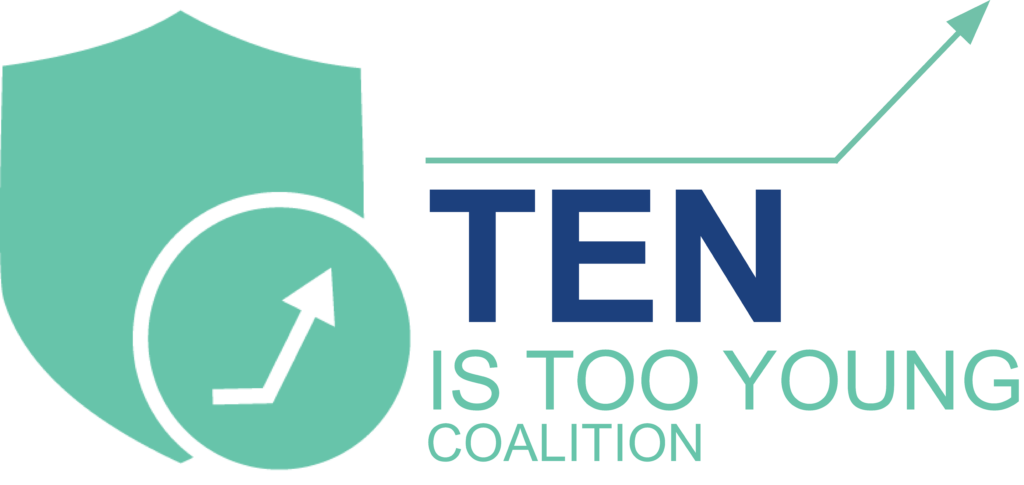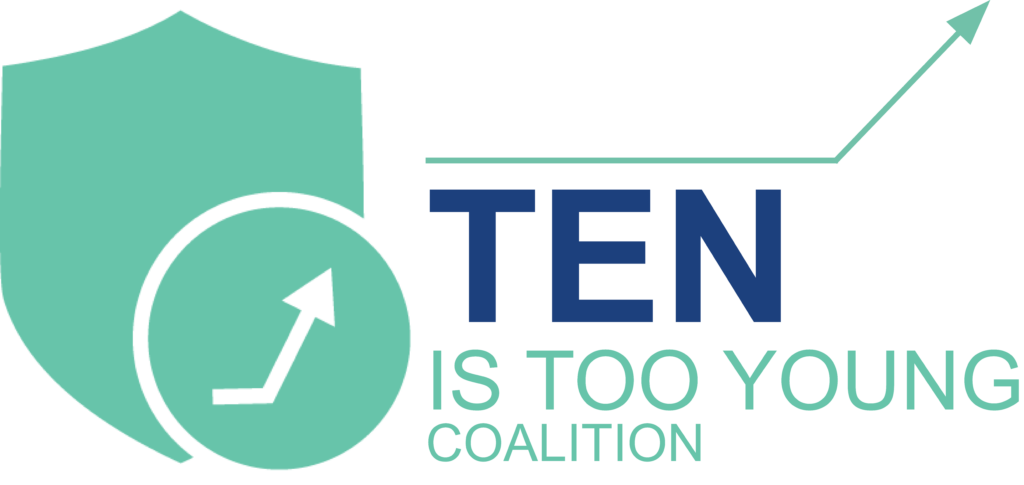The Children’s Law Centre is deeply concerned by the findings of the Northern Ireland Public Services Ombudsman’s Overview Report on the removal of patients from GP practice lists. The report makes clear that inappropriate deregistration is occurring in a range of circumstances, including removals without warning, removals linked to complaints and the automatic removal of family members, all of which breach statutory processes and professional guidance.
John O’Doherty, CEO at the Children’s Law Centre commented: “Access to primary healthcare is a fundamental right for every child. Ensuring that children can register with and remain registered with a GP is essential for safeguarding their health, wellbeing, and development. Losing access to primary care, even temporarily, can place children at immediate risk, particularly those with disabilities, long‑term conditions, mental ill-health or complex needs.
“The Northern Ireland health service and GP practices have a clear legal duty to follow the statutory procedures set out in the Health and Personal Social Services (General Medical Services Contracts) Regulations (NI) 2004, including requirements for communication, warnings, verification, and proportionality before any removal takes place. The Ombudsman’s findings show that these safeguards are not consistently being applied, leading to avoidable harm, distress, and barriers to accessing essential healthcare.
“Children must never lose access to their GP because of administrative failings, misunderstandings, or actions taken against another family member. Professional guidance is explicit that relatives should not be removed solely due to another person’s behaviour.
“The Children’s Law Centre therefore calls on the Department of Health, GP practices and the Business Services Organisation to urgently strengthen guidance, verification processes and oversight, and to introduce an independent review mechanism for removal decisions, as recommended by the Ombudsman.
“Every child has the right to timely, accessible, and continuous healthcare. This right must be protected in practice, without exception.”






